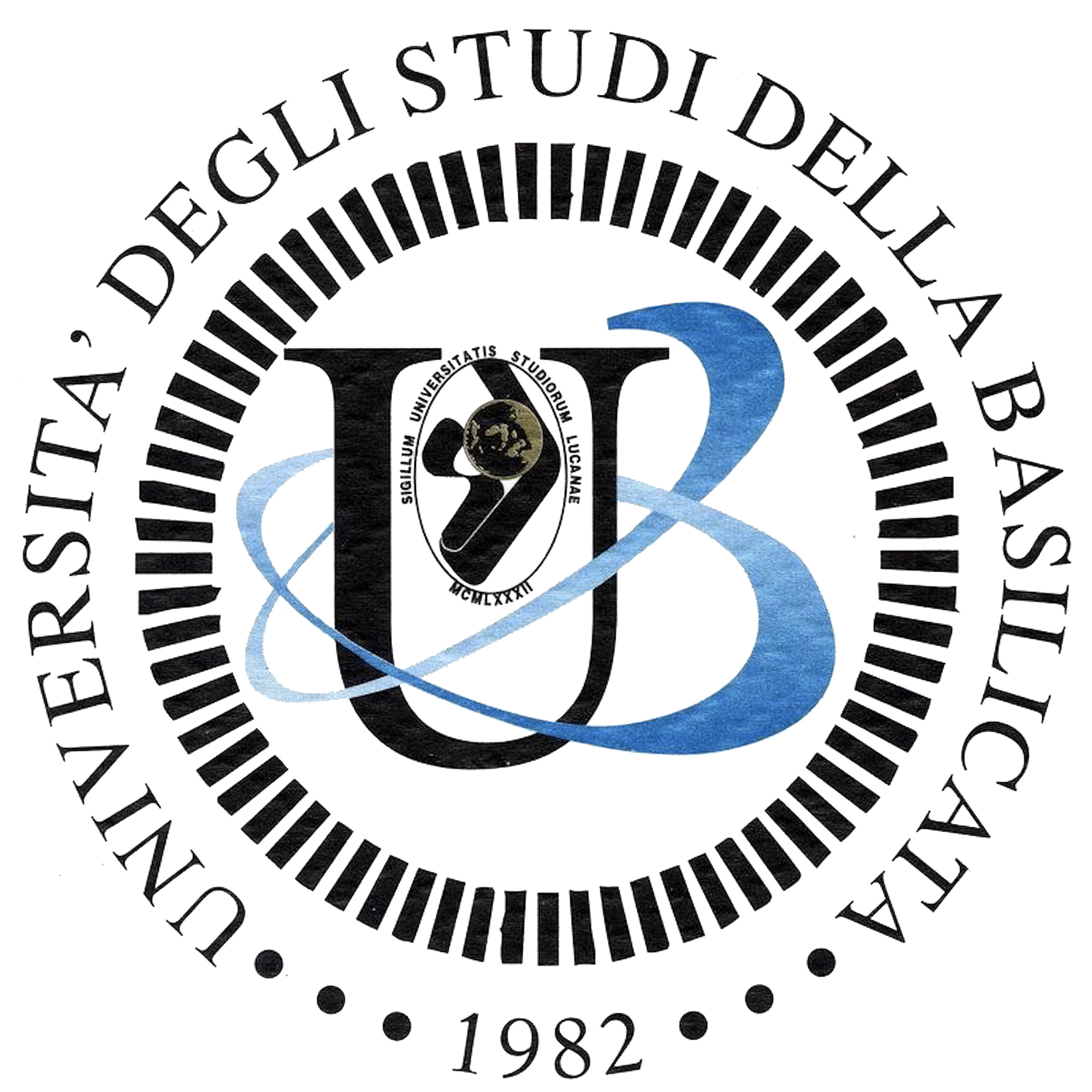Updating the MEDALUS-ESA Framework for Worldwide Land Degradation and Desertification Assessment
Many studies have dealt with the assessment of potential and actual
desertification risk using composite indices. The Environmentally Sensitive
Areas approach, developed within the framework of MEDALUS projects
and financed by the European Commission from 1991 to1999,  has become one of the most used methodologies to monitor land sensitivity
to degradation and desertification all over the world.
The output of this procedure is an index (the ESA
index) based on 15 key indicators, referring to the soil,
climate, vegetation and land management. The main purposes of
the ESA framework, as developed in 1996-1999 under the MEDALUS
III project (coordinated by Prof. John B. Thornes, Kings
College, London), were:
has become one of the most used methodologies to monitor land sensitivity
to degradation and desertification all over the world.
The output of this procedure is an index (the ESA
index) based on 15 key indicators, referring to the soil,
climate, vegetation and land management. The main purposes of
the ESA framework, as developed in 1996-1999 under the MEDALUS
III project (coordinated by Prof. John B. Thornes, Kings
College, London), were:
- to provide a reference square for analyzing and
characterizing the Land Degradation and Desertification
processes in the Mediterranean area with ease and
efficiency;
- to identify the factors of risk and the
interrelationships underlying these processes;
- to support the application of sustainable policies and
management options.
 |
The
Global-ESA project |
The Global-ESA project is a
three-year program (2017-2019) funded by the University of
Basilicata and coordinated by Agostino Ferrara that,
together with Costas Kosmas, were two of the authors that developed
the original ESA methodology in 1999. The project aims to integrate
the globally available datasets with the extensive knowledge on
local scale desertification processes, as developed over the
last 20 years by the ESA methodology applications, into a
comprehensive worldwide coherent framework.
Goals of the project
- updating the Medalus ESA framework for worldwide level applications (updated layers, updated
score/classes system, updated computing algorithm) while maintaining full consistency with the original methodology ;
- the worldwide map of Environmentally Sensitive Areas to
Land Degradation and Desertification;
- the worldwide map of Environmentally Critical Factors as a new outcome of the Medalus methodology
(That's a huge leap forward in data analizing at almost 'no computing' cost! You should try it ....) .
Disclaimer and Copyrights
| |
No
part of this website and/or Global-ESA products may be
reproduced or stored in a retrieval system or
transmitted by any means. You may use the available
products only for educational and/or scientific
purposes 'as is' without warranty of any kind, express
or implied and on the condition that the source is
fully acknowledged and referenced in any document
using any of the material contained in this website,
as follows:
Credits (website
content):
© Global-ESA project, 2019 - Agostino Ferrara, Università degli Studi della Basilicata.
http://web.unibas.it/global-esa/
Citation:
Ferrara, A., Kosmas, C.,
Salvati, L., Padula, A., Mancino, G., Nolè, A. 2020.
Updating the MEDALUS-ESA Framework for Worldwide Land Degradation and Desertification Assessment. Land Degradation & Development 2020; 31: 1593-1607
https://doi.org/10.1002/ldr.3559
|
|
 has become one of the most used methodologies to monitor land sensitivity
to degradation and desertification all over the world.
The output of this procedure is an index (the ESA
index) based on 15 key indicators, referring to the soil,
climate, vegetation and land management. The main purposes of
the ESA framework, as developed in 1996-1999 under the MEDALUS
III project (coordinated by Prof. John B. Thornes, Kings
College, London), were:
has become one of the most used methodologies to monitor land sensitivity
to degradation and desertification all over the world.
The output of this procedure is an index (the ESA
index) based on 15 key indicators, referring to the soil,
climate, vegetation and land management. The main purposes of
the ESA framework, as developed in 1996-1999 under the MEDALUS
III project (coordinated by Prof. John B. Thornes, Kings
College, London), were: 


